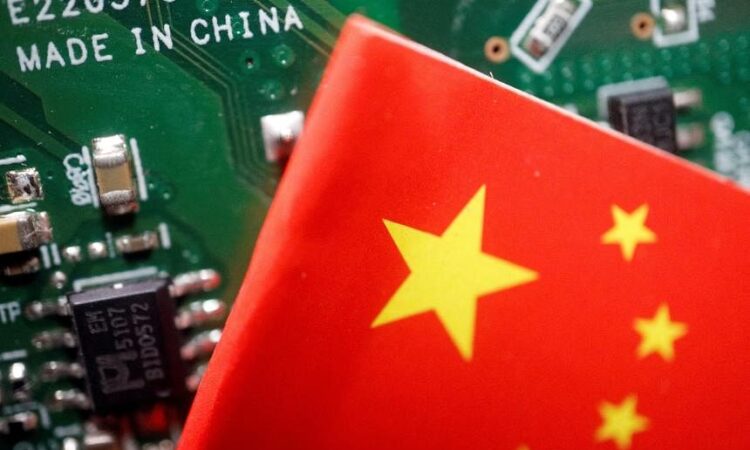
The 57-page report draws on information provided to the committee by the firms about their investments, as well as interviews with senior executives at multiple firms.
The committee’s report looked at just some of the funding flowing to China. Between 2016 and July 2023, Chinese semiconductor companies raised US$8.7 billion in deals that included US investment firms, according to PitchBook, which tracks start-up funding. That investment peaked in 2021.
Venture capital firms pursued aggressive global expansion, particularly into Asia, for several decades.
But they have known since the Trump administration took a more aggressive stance towards China that investments in Chinese companies would be subject to increasing scrutiny. “No one is touching China now,” said Mr Linus Liang, an investor at the venture firm Kyber Knight Capital.
Splitting off investment entities with ties to China, as Sequoia and GGV did, may not resolve the committee’s concerns that US financing and technology will end up in Chinese companies, the report stated.
Sequoia’s newly separated Chinese-based firm, HongShan, counts US investors among its backers.
And HongShan and GGV’s new unit, GGV Asia, could still invest in US start-ups, the report said.
Much of the report focuses on Walden International, a California-based company that was one of the earliest and most influential foreign investors in the Chinese chip sector.
Walden is led by Mr Tan Lip-Bu, a former chief executive of Cadence Design Systems, a chip design firm, and a current member of Intel’s board.
Walden International created various funds for the chip sector in partnership with the Chinese government and Chinese state-owned companies, including a prominent military supplier, the report said.
It was a founding shareholder and early source of financing for SMIC, which is now subject to US trade restrictions because of its ties to the Chinese military.
Walden gave US$52 million to SMIC over several decades, the committee found, as well as tens of millions of dollars to SMIC affiliates.
Mr Tan also served on SMIC’s board of directors. He is credited with bringing SMIC and other firms a combination of financing, tools and intellectual property for chip design, as well as profitable connections with customers.
Although the US government labelled SMIC a “trusted customer” in 2007, scepticism of the company’s activities has grown in Washington in more recent years.
Today, the company is key to China’s ambitions to create a thriving chip sector and lessen its dependence on the US.
Walden, along with Qualcomm Ventures, the investing arm of chipmaker Qualcomm, invested tens of millions of dollars into Advanced Micro-Fabrication Equipment, or AMEC, a Chinese company that makes the machines needed to manufacture chips.
AMEC, a supplier to SMIC and other Chinese chipmakers, is vital to China’s efforts to build up its chipmaking industry after the US placed restrictions on selling China the most advanced chipmaking machines.
China’s semiconductor companies are well funded by the country’s government.
But ties with US venture capital firms provide Chinese companies with managerial expertise as well as access to technology and the US and European markets.
US venture capital firms have also tried to sway US officials and regulators on behalf of Chinese companies in their portfolio, like TikTok. NYTIMES






